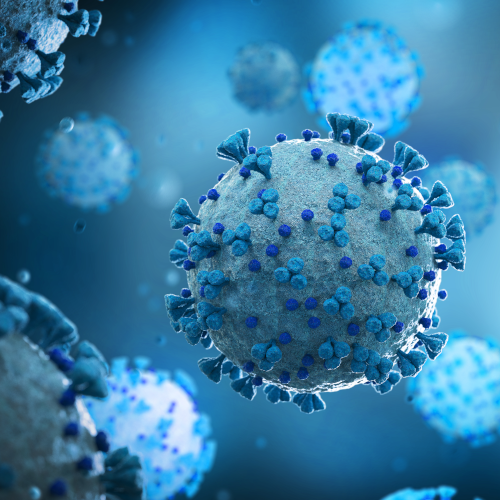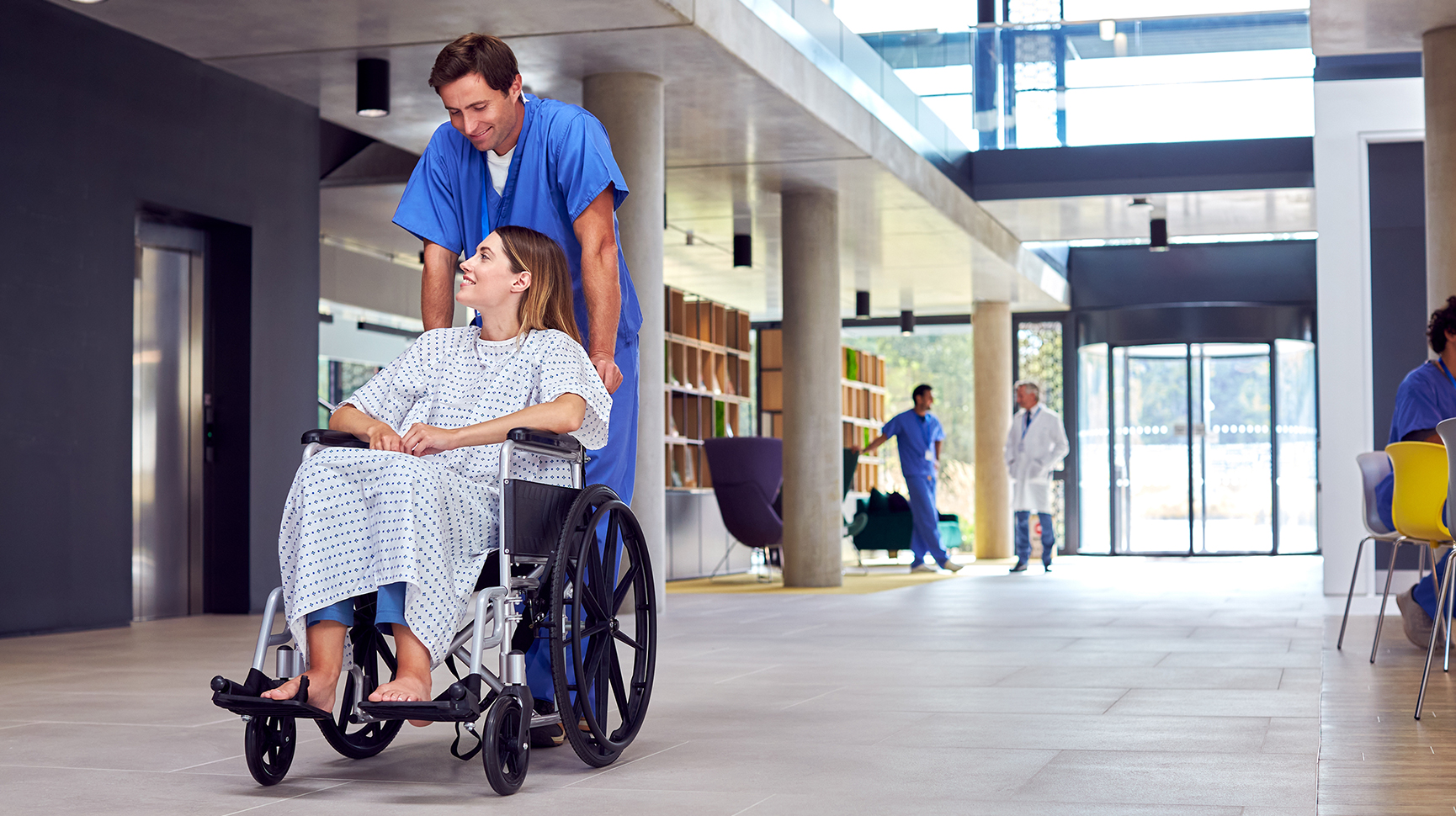COVID-19

Protect Yourself and others against COVID-19
COVID-19 is a disease caused by the SARS-CoV-2 virus. It can be very contagious and spread quickly. Anyone infected with COVID-19 can spread it, even if they do not have symptoms. Most people with COVID-19 have mild symptoms, but some people can become severely ill, including those who are over 65, immunocompromised and have underlying health conditions. Some people, including those with minor or no symptoms, can develop post-COVID conditions also known as “Long Covid”.
Importance of Staying Up to Date
- Protection from COVID-19 vaccine decreases over time.
- Updated vaccines give you the best protection for the currently circulating strains of the virus.
Viruses are constantly changing, including the virus that causes COVID-19. These changes occur over time and can lead to the emergence of new variants. The best way to slow the spread of the virus is to follow these core prevention strategies:
Regular Medical Checks Provided
How COVID-19 Spreads
COVID-19 spreads when an infected person breathes out droplets and very small particles that contain the virus. Other people can breathe these droplets and particles, or they can land on others’ eyes, nose or mouth. Anyone infected with COVID-19 can spread it, even if they do not have symptoms.
People at Higher Risk
Some people are more likely than others to get very sick from COVID-19. This includes people who:
- are over 65 years old
- are immunocompromised
- have certain disabilities or
- have underlying health conditions
When a person infected with COVID-19 exhales, they release respiratory droplets and aerosols into the air. These respiratory fluids contain the coronavirus that causes COVID-19 and can spread the infection from one person to another. These particles can linger in the air and accumulate, even after the infected person leaves the area. These particles can hang in the air for several hours, depending on how poorly the area is ventilated. The more time that a person stays in an area containing these particles, the greater their risk of infection. COVID-19 can also be spread if a person touches a surface containing these respiratory fluids and subsequently touches areas of their face that contain mucous membranes, including the mouth, nose, eyes, and ears.
Wear a face mask when you are around other people, especially when you are indoors. Make sure that your face mask covers your nose, mouth, and chin. Maintain several feet of physical distance between yourself and others. Avoid being around large groups of people. Avoid poorly ventilated areas. Particularly high-risk settings include those where people gather in crowded indoor settings and talk loudly, shout, breathe heavily, or sing, such as restaurants, choir practices, fitness classes, nightclubs, offices, and places of worship. Wash your hands with soap and water after touching commonly used objects or surfaces. Avoid touching your face. Avoid contact with people who are currently infected with COVID-19. Get vaccinated against COVID-19 as soon as possible to lower the risk of developing severe COVID-19 symptoms.
The amount of time that COVID-19 can survive in the air depends on how well ventilated the area is. An outdoor area carries the lowest risk of disease transmission, while respiratory fluids can accumulate in the air for several hours in a poorly ventilated indoor space. On a porous surface, such as paper, cardboard, or fabric, the coronavirus cannot survive longer than a few minutes to a few hours. On non-porous surfaces, such as stainless steel, glass, or plastic, the coronavirus can survive for several days to several weeks. The risk of being exposed to COVID-19 by coming into contact with an infected surface is lower than the risk of being exposed to COVID-19 through respiratory droplets and aerosols in the air.
There is currently no evidence that COVID-19 is spread through semen or vaginal fluid. However, sexual contact places two people in very close proximity to one another, which presents a very high risk of disease transmission through respiratory droplets and aerosols. COVID-19 can also spread through contact with feces, which presents a risk of infection through sexual activities that could expose you to fecal matter. COVID-19 is more infectious than any sexually transmitted disease. Therefore, you can get COVID-19 from sexual contact. If you or your partner have a suspected or confirmed COVID-19 infection, stay safe by refraining from sexual activities.
There are several different types of tests available that you can use to get tested for COVID-19. Two types of tests that are currently available in the U.S. include a polymerase chain reaction (PCR) nasal swab test and a rapid at-home antigen test. PCR tests are the most sensitive and accurate while typically providing results within 24 to 72 hours. However, you must meet with a healthcare provider to receive a PCR test. Alternatively, there are also at-home saliva and nasal swab tests that allow the user to collect the sample at home and mail it to a laboratory, which will conduct a PCR test on it. Rapid at-home antigen tests are faster and less expensive than PCR tests and can provide results in 15 minutes; however, these tests are more likely to produce false-negative results. A false-negative test result occurs when the user has an active COVID-19 infection but the test does not accurately return a positive result.

X-Ray Imaging

Gynecology

Parenting

Consultations
We Are Trusted For Expertise and Care
Consult Our Doctors
Select the doctor you prefer to get a checkup and book a visit with them in a matter of minutes. Simply select from the list below.


